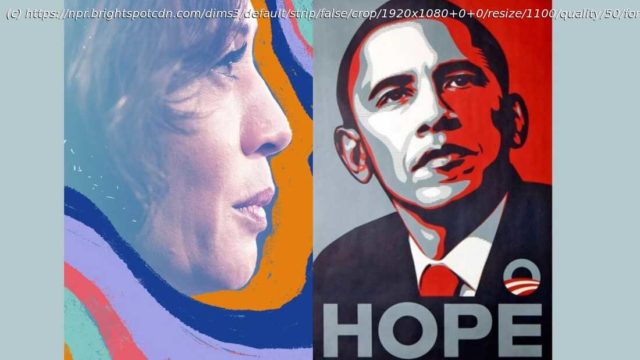Code Switch digs into what a Black president would mean this time
Travel back in time with me for a moment, won’t you? The year is 2008. Barack Obama has just received the Democratic nomination for president. The world is stunned. A Black man is running for the highest office in the country, and there’s a chance he could actually win. Many Americans never dreamed that this day would come, and regardless of how the election turns out, to them, Obama represents a new era – one defined by progress, change, and most of all, hope. When he is eventually elected, that symbolism is magnified. People are cheering in the streets. The word “postracial” enters the national lexicon. There are critics and skeptics and realists, of course, but they are being drowned out by the outright jubilation buzzing in the air.
Not fifteen years later, the world is a different place. As Kamala Harris steps into the spotlight as the Democratic party’s newest presumptive nominee, the mood surrounding her candidacy seems decidedly less breathless. Harris, of course, would represent even more “firsts” than Obama – if elected, she would be the first Asian American in the Oval Office, the first Black woman – heck, the first woman of any background. And while there are many people stanning for her, and all her identities represent, there seem to be just as many who learned some hard lessons from the Obama era – and aren’t willing to re-hang their “hope” posters just yet.






